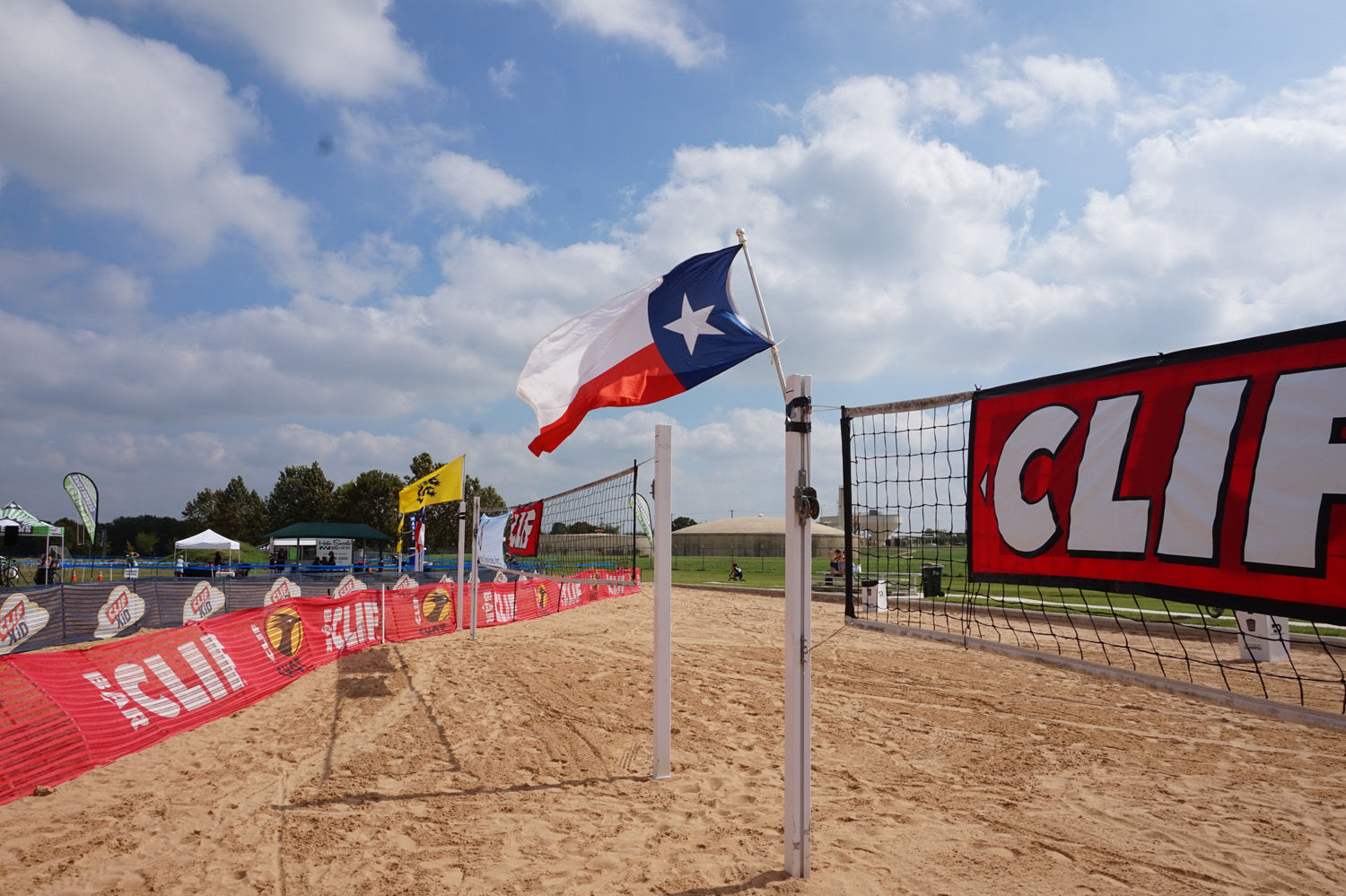After recognizing the meaning of la ilaha illa anta subhanaka inni kuntu minadzolimin and its interpretation, you surely need to know the story of Prophet Yunus AS. Prophet Yunus AS was a prophet appointed by Allah SWT to his people, who were from a city in the Mesopotamian region (now part of Iraq). Prophet Yunus AS was tasked with the responsibility by Allah to deliver warnings and advice to his people so that they would turn away from their evil deeds
Prophet Yunus AS.
Allah SWT delivered Prophet Yunus AS by sending a whale to swallow him. In the belly of the whale, Prophet Yunus AS acknowledged his mistake and sought forgiveness wholeheartedly. In the darkness of the whale’s belly, he beseeched with a prayer of remorse and request for
the sun’s heat.”
“So, the young camel is basking in the sun. So, when it starts to feel warm around 9 o’clock. That’s the better time for Dhuha prayer. If you have any sort of inquiries regarding where and ways to utilize ketahui cara shalat jamak, you could call us at our own webpage. It is said to be when the sun rises about a quarter of the day, approximately 3 hours from sunri
l muslimiin.
Meaning: “Allah is the Greatest, His greatness is perfect. All praise belongs to Allah, praise that is abundant. And glory be to Allah in the morning and evening. I have turned my face to the One who created the heavens and the earth, with full sincerity and submission, and I am not among those who associate partners with Allah. Indeed, my prayer, my worship, my life, and my death are all for Allah, the Lord of all worlds. He has no partner, and with that I am commanded, an
Prayer Recitation
للهُ اَكْبَرُ كَبِرًا وَالْحَمْدُ لِلهِ كَشِيْرًا وَسُبْحَانَ اللهِ بُكْرَةً وَاَصِيْلًا . اِنِّى وَجَّهْتُ وَجْهِيَ لِلَّذِيْ فَطَرَالسَّمَاوَاتِ وَالْااَرْضَ حَنِيْفًا مُسْلِمًا وَمَا اَنَا مِنَ الْمُشْرِكِيْنَ . اِنَّ صَلَاتِيْ وَنُسُكِيْ وَمَحْيَايَ وَمَمَاتِيْ لِلهِ رَبِّ الْعَا لَمِيْنَ . لاَ شَرِيْكَ لَهُ وَبِذَ لِكَ اُمِرْتُ وَاَنَ مِنَ ال
atihah Recitation
بِسْمِ اللّٰهِ الرَّحْمٰنِ الرَّحِيْمِاَلْحَمْدُ لِلّٰهِ رَبِّ الْعٰلَمِيْنَۙالرَّحْمٰنِ الرَّحِيْمِۙمٰلِكِ يَوْمِ الدِّيْنِۗاِيَّاكَ نَعْبُدُ وَاِيَّاكَ نَسْتَعِيْنُۗاِهْدِنَا الصِّرَاطَ الْمُسْتَقِيْمَ ۙصِرَاطَ الَّذِيْنَ اَنْعَمْتَ عَلَيْهِمْ ەۙ غَيْرِ الْمَغْضُوْبِ عَلَيْهِمْ وَلَا ا
Before doing Dhuha prayer, Muslims are encouraged to read the intention prayer. The prayer intention is always uttered before performing prayer, both voluntary and obligatory prayers. The following is the recitation of the i
Buya Yahya quotes a hadith from Sayyidina Zaid bin Arqam radliyallahu ‘anh that he once saw a group of people doing the Dhuha prayer. Then he said, “Don’t you know that prayer at this time is more virtuous? Indeed, the Messenger of Allah SAW said, the prayer of the awwâbîn (Dhuha prayer) is when the feet of young camels feel the heat of the ear
i wa sallam.
Meaning: “O Allah, preserve our faces with wealth, and do not humiliate us with poverty so that we have to seek sustenance from those who seek Your sustenance, and ask for mercy from Your evil-minded creatures and be busy praising those who give to us and be tempted to criticize those who do not give to us. Yet You, behind all that, are the One who has the authori
he city of Mecca.
Reciting the prayer after reading Surah Al Waqiah is strongly advised as it finalizes the reading of the Holy Quran. Additionally, saying the prayer after reading Surah Al Waqiah can be an potent and meaningful way to seek ble
of reserve deeds
One of the functions of voluntary prayers is to complete the shortcomings of obligatory prayers. As is known, prayer is the first deed to be accounted for on the Day of Judgment. Prayer is also the key to all good deeds. If one’s prayer is good, then other acts of worship will be good. Likewise, if one’s prayer is corrupted, they will lose and be disappointed. Voluntary prayers – including Dhuha prayer – are an investment or reserve deed that can perfect the shortcomi
لِحِيْنَ
Allâhumma innad dlahâ’a dlahâ’uka, wal bahâ’a bahâ’uka, wal jamâla jamâluka, wal quwwata quwwatuka, wal qudrata qudratuka, wal ishmata ishmatuka. Allâhuma in kâna rizqî fis samâ’i fa anzilhu, wa inkâna fil ardhi fa akhrijhu, wa inkâna mu’siran (mu’assaran) fa yassirhu, wa in kâna harâman fa thahhirhu, wa inkâna ba’îdan fa qarribhu, bi haqqi dlahâ’ika wa bahâ’ika wa jamâlika wa quwwatika wa qudratika, âtinî mâ ata






